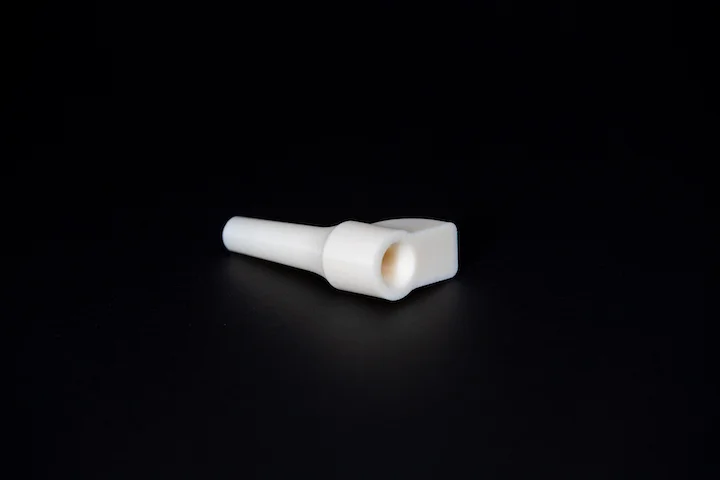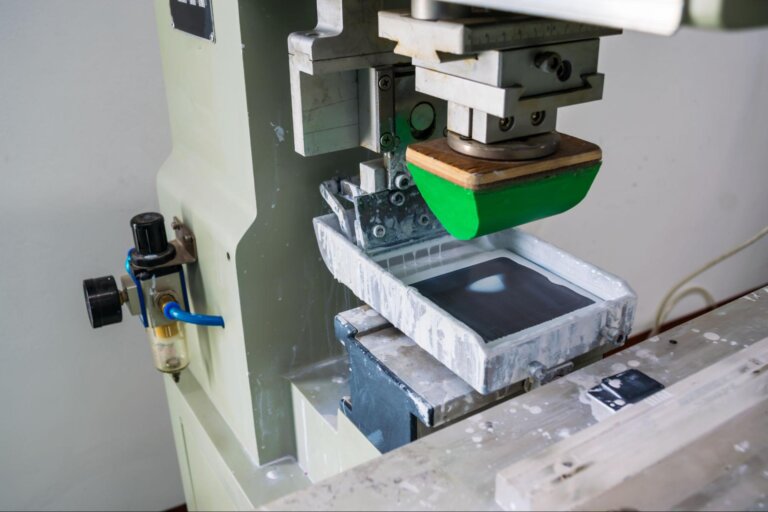ABS-M30i is a type of 3D printing material that is specifically designed for medical and healthcare applications. It is an FDA-approved and biocompatible variant of ABS (Acrylonitrile Butadiene Styrene) that meets certain medical industry standards. ABS-M30i is often used in 3D printing for a variety of medical and healthcare-related applications, including:
Medical Devices: ABS-M30i can be used to produce medical devices and components that require biocompatibility and regulatory compliance. This includes items like surgical instruments, anatomical models, prosthetics, orthotics, and drug delivery devices.
Surgical Guides: The material’s strength and precision make it suitable for creating surgical guides and templates. Surgeons can use these guides to ensure accurate and precise placement of implants during surgical procedures.
Patient-Specific Implants: ABS-M30i can be used to create patient-specific implants, such as cranial or orthopedic implants. These implants are designed to fit a specific patient’s anatomy, improving comfort and medical outcomes.
Medical Prototyping: The material can be used for prototyping medical devices and components before they are manufactured using traditional methods. This helps to iterate and refine designs before mass production.
Instrumentation: ABS-M30i can be used to create laboratory equipment, testing fixtures, and other instrumentation needed in medical research and diagnostics.
Dental Applications: The material’s biocompatibility and strength make it suitable for dental applications, including creating dental models, orthodontic appliances, and implant guides.
Educational Models: ABS-M30i can be used to produce anatomical models for educational and training purposes in medical schools and healthcare institutions.
Customized Braces and Supports: The material’s strength and durability make it useful for creating customized braces, splints, and supports for patients with orthopedic or mobility needs.
Biomedical Research: ABS-M30i can be used in the creation of lab equipment, microfluidic devices, and other tools used in biomedical research and development.
Clinical Trials: For medical companies conducting clinical trials, ABS-M30i can be used to produce prototypes and test parts before moving to large-scale manufacturing.
Due to its specific formulation and compatibility with medical applications, ABS-M30i is particularly suitable for industries where biocompatibility, durability, and regulatory compliance are critical. When using ABS-M30i for 3D printing, it’s important to follow proper printing and post-processing guidelines to ensure that the final parts meet the required standards for medical applications.









